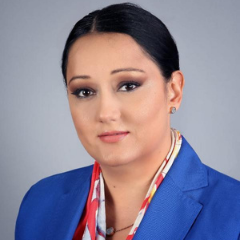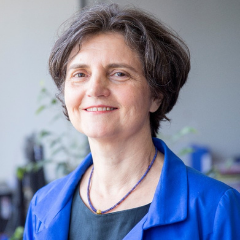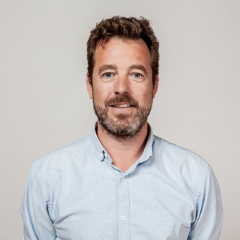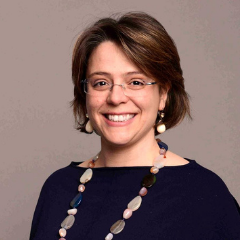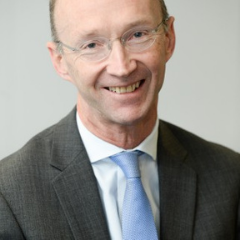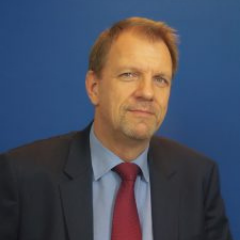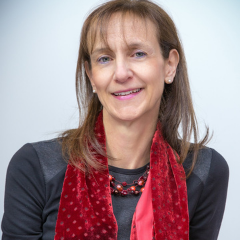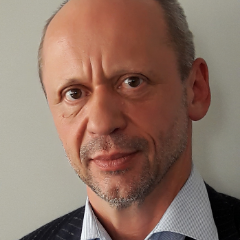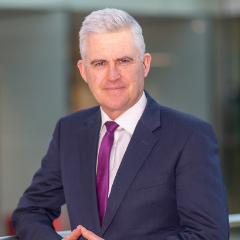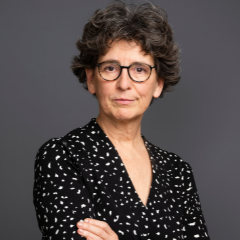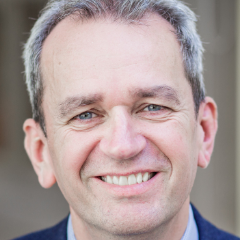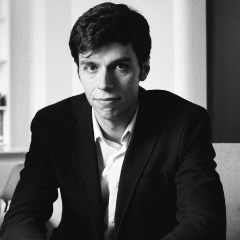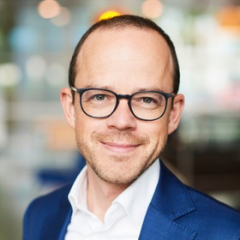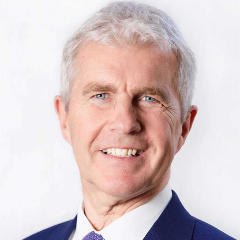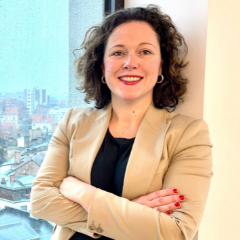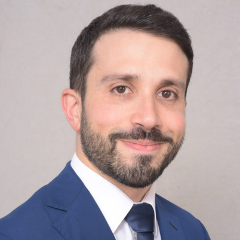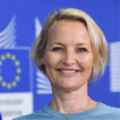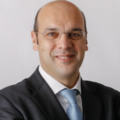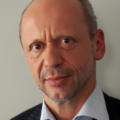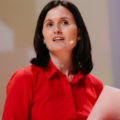Pedro Siza Vieira was born on 14 July 1964.
He has read Law in the Law School of the University of Lisbon (1987).
Pedro Siza Vieira was teaching assistant at the Law School of the University of Lisbon, assistant professor at Universidade Autónoma de Lisboa and visiting professor at Universidade Católica Portuguesa and Universidade Nova de Lisboa.
He was also a lecturer in post-graduate studies and courses promoted by several institutions, including Universidade Nova de Lisboa, Oporto Law School of Universidade Católica Portuguesa, and Law School of Coimbra University, in subjects such as public procurement, administrative litigation, arbitration, banking law, project finance and insolvency.
As a lawyer, he was a partner at Morais Leitão, J. Galvão Teles e Associados, Sociedade de Advogados and a partner at Linklaters LLP between 2002 and October 2017, and as served as the Managing Partner of the firm’s Lisbon office between 2006 and 2016.
He was in the arbitrations panel of the Centre for Commercial Arbitration of the Portuguese Chamber of Commerce and Industry, the Commercial Arbitration Institute of the Oporto Commercial Association, Concórdia (Conciliation, Conflicts Mediation and Arbitration Centre), the Mediation and Arbitration Centre of the Portuguese Chamber of Commerce in Brazil and CREL (Extrajudicial Dispute Resolution Centre of the Ministry of Justice and Human Rights of Angola).
He was a member of the board of directors of the Portuguese Association of Law Firms and president of the Portuguese Arbitration Association.
Pedro Siza Vieira has been a member of several working groups for the elaboration of legislative proposals, including the Law of Urban Planning and Building, the Civil Liability of the State and Other Public Bodies and the Portuguese Arbitration Law.
He was a member of the High Counsel of the Administrative and Fiscal Courts and member of the Executive Committee of the Task Force for the Capitalization of Companies.
From October 2017 to October 2018 he was Minister Assistant to the Prime-Minister, and he is currently, since that date, Minister Assistant to the Prime-Minister and for the Economy of the Portuguese Government.













